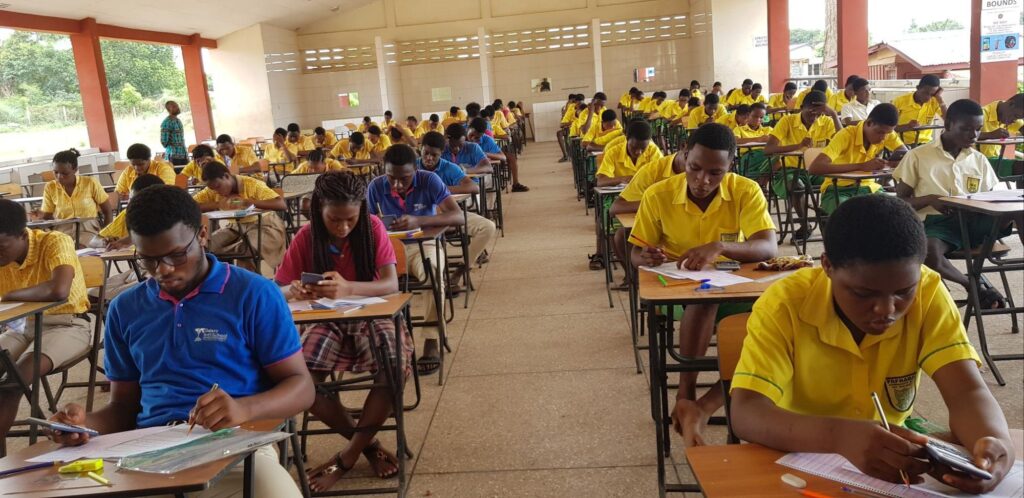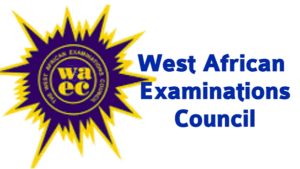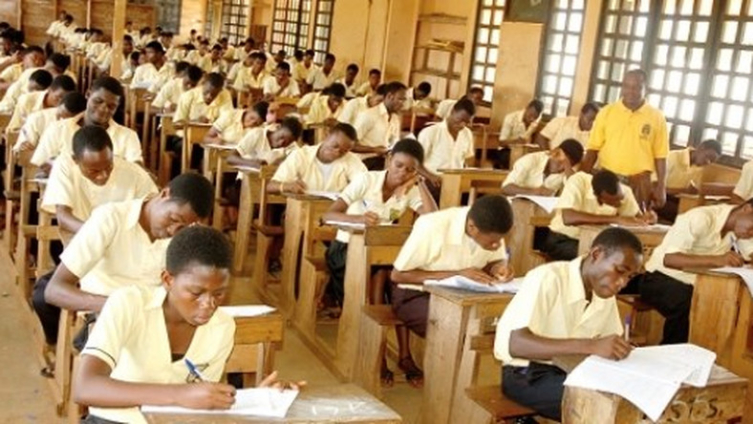The West African Examinations Council (WAEC) has announced that the results of the 2025 West African Senior School Certificate Examination (WASSCE) will be released by November 15, and meanwhile, 34,563 candidates have been placed under investigation for alleged mass cheating.
In a preparatory notice to schools and candidates, WAEC stated that it is finalising checks on the examination scripts and investigations into reported irregularities before publishing the final results. The investigations stem from monitoring operations during and after the exams that detected widespread use of mobile phones, impersonation and collusion between students and invigilators.
The council’s irregularities portal has already released the status of those under investigation, enabling affected candidates to track where they stand in the process ahead of the full results announcement.
According to the timing indicated by educational analysts, the November 15 release date reflects the council’s need to complete thorough investigations while also meeting pressure from thousands of students and families waiting for their results.
For the 2025 WASSCE-SC (School Candidates), over 460,000 students nationwide sat for the examinations across more than 1,000 institutions. The large scale of the testing process meant that any delay or irregularity caught during the exercise required extensive follow-up.

The investigations into the 34,563 candidates cover a range of alleged misconduct, including mobile phone usage during exams, sharing of examination questions across WhatsApp groups, and instances of impersonation where a different person sat in place of the registered candidate. Several invigilators and school staff have also been implicated.
WAEC has warned that candidates found guilty of malpractice may lose their entire results or face disqualification from future sittings. The council said: “Any act of collusion, copying or impersonation undermines the integrity of the examination and will attract the full force of our regulations.”
School heads across the country have also been alerted to the situation. Principals have been asked to check which of their students are on the irregularity list, and to advise affected students on what next steps to take. The council said that scripts from such centres will be subjected to heightened scrutiny and could be cancelled even if only one candidate is found to have cheated.
The timing of the results release is significant. A November 15 publication enables higher-education institutions, training colleges and employers to begin planning for admissions or intake processes in line with the academic calendar. It also gives the council adequate time to finish investigations without unduly delaying the results for the vast majority of candidates who sat the exams without incident.

For students in the investigation list, the next steps may include appearing before screening committees, responding to allegations and awaiting final decisions from WAEC. During the interim, these students are advised to refrain from making public declarations or taking further exam-related steps until their status is resolved.
Parents, guardians and prospective tertiary institutions have been urged to be patient and not jump to conclusions about the outcomes of the investigation list. Educational stakeholders say that while the number of students under review is large, it represents only about 7-10 percent of all candidates, and the majority will receive results as scheduled.
As part of its improved transparency efforts, WAEC said it will publish the number of candidates cleared and those under investigation after the November 15 release. Schools will then receive detailed breakdowns of results and status reports for each student.
The broader context of the investigations shows that the battle against examination malpractice remains a persistent challenge in Ghana. Previous years have seen thousands of candidates caught up in similar probes, prompting continuous reforms in monitoring, sanctions and digital systems for exam administration. The council’s current actions demonstrate its resolve to uphold the credibility of the WASSCE qualification.
With the results publication looming, many tens of thousands of students across Ghana are now in the home stretch of a long academic year. For those not under investigation, it’s a time of anticipation and preparation for next stages in their academic journeys. For those caught in the irregularity list, it presents uncertainty and a critical juncture that will affect their immediate academic plans.

Education authorities are also using this moment to launch additional awareness campaigns in senior high schools emphasising academic integrity, the consequences of malpractice and the responsibilities of school authorities.
The November 15 release date promises to bring relief to the many students who worked diligently through the 2025 academic cycle. At the same time, it signals to all stakeholders that the integrity of the country’s senior secondary examinations remains a priority, and that sweeping investigations and accountability will accompany any signs of mass cheating.
Ghana Education Service Releases Funds for 2025 WASSCE Practical Examinations

